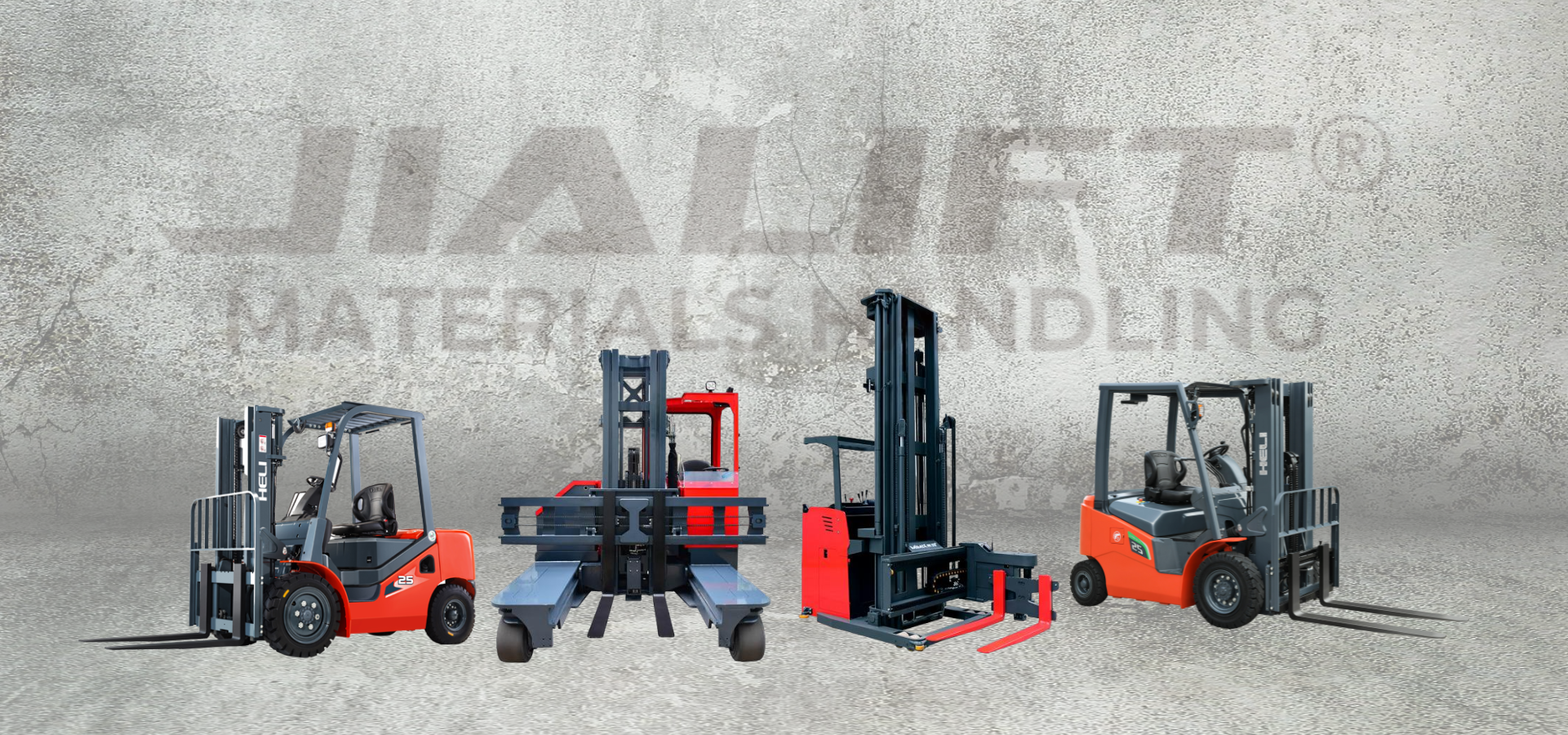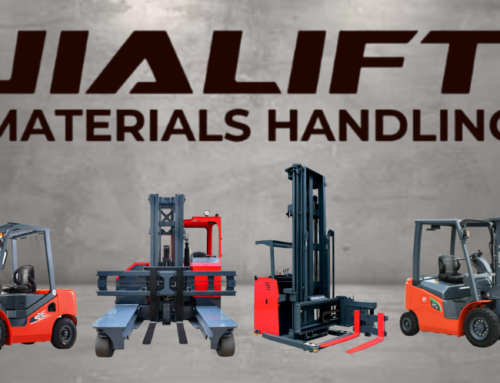In the bustling world of logistics, warehousing, and construction, the forklift stands as a beacon of efficiency and productivity. Its ability to effortlessly lift and transport heavy loads has revolutionized the way we handle materials. However, this powerful machinery also comes with significant responsibilities and risks. That’s why forklift training and safety are paramount to any organization that utilizes these versatile vehicles.
The Importance of Forklift Training
Forklift training is not just about learning how to operate the machinery; it’s about understanding the intricacies of safe and efficient operation. A comprehensive training program should cover a wide range of topics, including:
Basic forklift controls and functions
Safety regulations and industry standards
Load handling techniques and stability principles
Hazard recognition and avoidance
Emergency procedures and evacuation plans
Equipment inspection, maintenance, and troubleshooting
Proper training ensures that operators have a thorough understanding of the forklift’s capabilities and limitations. It also equips them with the knowledge and skills necessary to handle various situations safely and effectively.
Forklift Safety: A Shared Responsibility
Forklift safety is a shared responsibility between operators, employers, and everyone else in the workplace. Here are some key safety considerations that everyone should be aware of:
Operator Qualifications: Forklift operators must be properly trained and certified before they are allowed to operate the machinery. Employers should ensure that their operators have the necessary qualifications and are familiar with the specific type of forklift they will be using.
Equipment Inspection and Maintenance: Forklifts should be regularly inspected and maintained to ensure they are in good working order. Operators should perform pre-operation checks to identify any potential issues before starting work.
Safe Operating Procedures: Operators must follow established safe operating procedures, including observing speed limits, using seat belts, and maintaining a safe distance from other workers and obstacles.
Load Handling and Stability: Forklifts can become unstable when lifting heavy loads, especially if the load is not properly balanced or secured. Operators should always follow load handling guidelines to prevent tip-overs or other accidents.
Hazard Recognition and Avoidance: Forklift operators must be able to recognize potential hazards in their environment, such as slippery floors, narrow aisles, or low-hanging obstacles. They should also be trained to avoid these hazards whenever possible.
Personal Protective Equipment (PPE): Operators should wear appropriate PPE, such as helmets, safety shoes, and high-visibility clothing, to protect themselves from potential injuries.
The Consequences of Improper Forklift Operation
Improper forklift operation can have devastating consequences for both individuals and organizations. Here are some of the potential outcomes of negligent or unsafe forklift use:
Injuries and Fatalities: Forklift accidents can result in serious injuries or even fatalities to operators, bystanders, or other workers in the area. These injuries can range from minor cuts and bruises to more severe traumatic injuries that require extended medical treatment and recovery time.
Property Damage: Forklifts have the potential to cause significant damage to property, including racks, shelves, walls, and other equipment in the workplace. This damage can lead to costly repairs and replacements, as well as disruptions in operations.
Legal Liability: If an accident occurs due to negligent or unsafe forklift operation, the operator and/or their employer may face legal action and financial liability. This can include lawsuits from injured parties seeking compensation for their losses, as well as fines and penalties from regulatory agencies.
Reputational Damage: Accidents can damage a company’s reputation and affect customer trust. Negative publicity from forklift accidents can lead to lost business opportunities and a tarnished brand image.
Reduced Productivity: Unsafe forklift operation can lead to accidents and injuries that result in lost work time for injured employees. This can significantly reduce productivity and impact overall operational efficiency.
Conclusion: Prioritizing Forklift Training and Safety
In conclusion, forklift training and safety are essential to ensuring the safe and efficient operation of these powerful industrial vehicles. By investing in comprehensive training programs and implementing robust safety measures, organizations can reduce the risk of accidents, protect their employees, and maintain a positive reputation in the industry. It is the responsibility of every forklift operator and employer to prioritize safety and follow established best practices to create a safer and more productive work environment.





